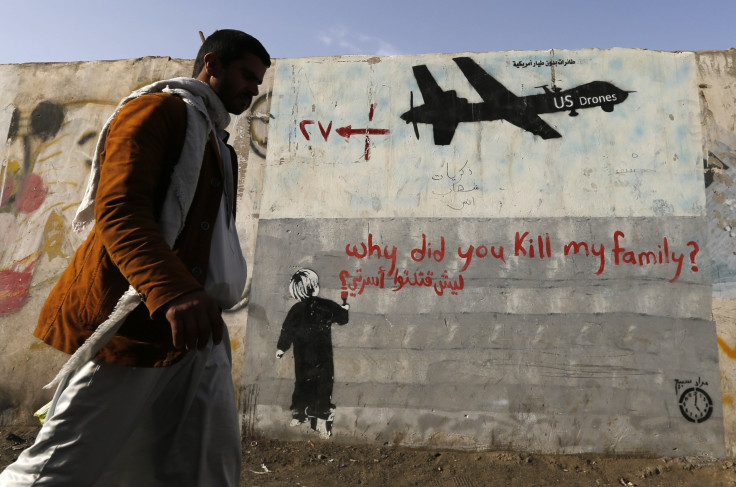Yemen Crisis: Yemeni Islah Party Leader Mansour al-Haidary Assassinated In Car Bombing

A car bomb went off in southern Yemen Tuesday, killing a senior member of the Islamist political Islah Party. The assassination is a major blow to the party, which has been locked in conflict with the Shiite Iran-backed Houthi rebel group and supporters of former president Ali Abdullah Saleh for months.
The party’s Secretary General Assistant Mansour al-Haidary was killed when two bombs attached to his car door detonated simultaneously, according to the Associated Press. No one has claimed responsibility for the attack, but police said they have detained and are interrogating a number of suspects, according to a statement.
The U.S. embassy in Yemen said “senseless violence will not resolve Yemen’s challenges, and must stop immediately.”
Yemen is embroiled in a multi-faction conflict where nearly every faction has a larger, more influential support system working behind the scenes, and outside the country.
Al-Islah is a Sunni Islamist political party in Yemen that has ties to the Muslim Brotherhood, which formerly had headquarters in Cairo, Egypt, before the current Egyptian government designated it a terrorist organization. Al-Islah has also long been the rival of the Shiite Houthi rebels who made vast gains across the country and took over the capital Sana’a last month.
The country’s current Sunni government is backed by Saudi Arabia and the Gulf Cooperation Council, a coalition of Gulf states that could soon include a military allegiance with Egypt to combat extremists.
Opposite Saudi Arabia and Egypt is Yemen's longtime rival, Shia-majority Iran. It is widely believed that the Houthis receive support from Iran. Rebels denied any relationship, and Iran vehemently denied helping the rebels seize the capital, but the two groups have tangled roots dating back decades.
Fighting all three of these factions is al Qaeda in the Arabian Peninsula (AQAP), an enemy to both Saudi Arabia and the United States. When President Abd Rabbo Mansour Hadi took power in Yemen, he vowed to fight AQAP, which won him support from the U.S. Aside from clashing with the government, AQAP has been in almost constant conflict with Houthis, and Yemeni civilians often pay the deadly price.
After the Houthis seized Sana’a, they forced the prime minister to step down and refused to leave until a new, inclusive government was formed. Last week, Hadi announced a new technocratic government and appointed 34 new ministers, including members of the Houthi rebel group, members of the Herak group, a separatist group based in southern Yemen, and the country’s first female Information Minister. Despite this appointment being consistent with Houthi demands, violence in Yemen does not look like it is diminishing.
© Copyright IBTimes 2024. All rights reserved.






















